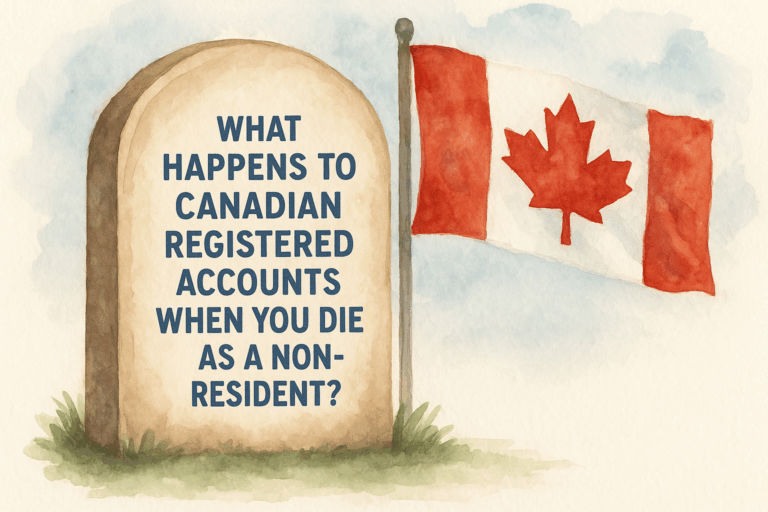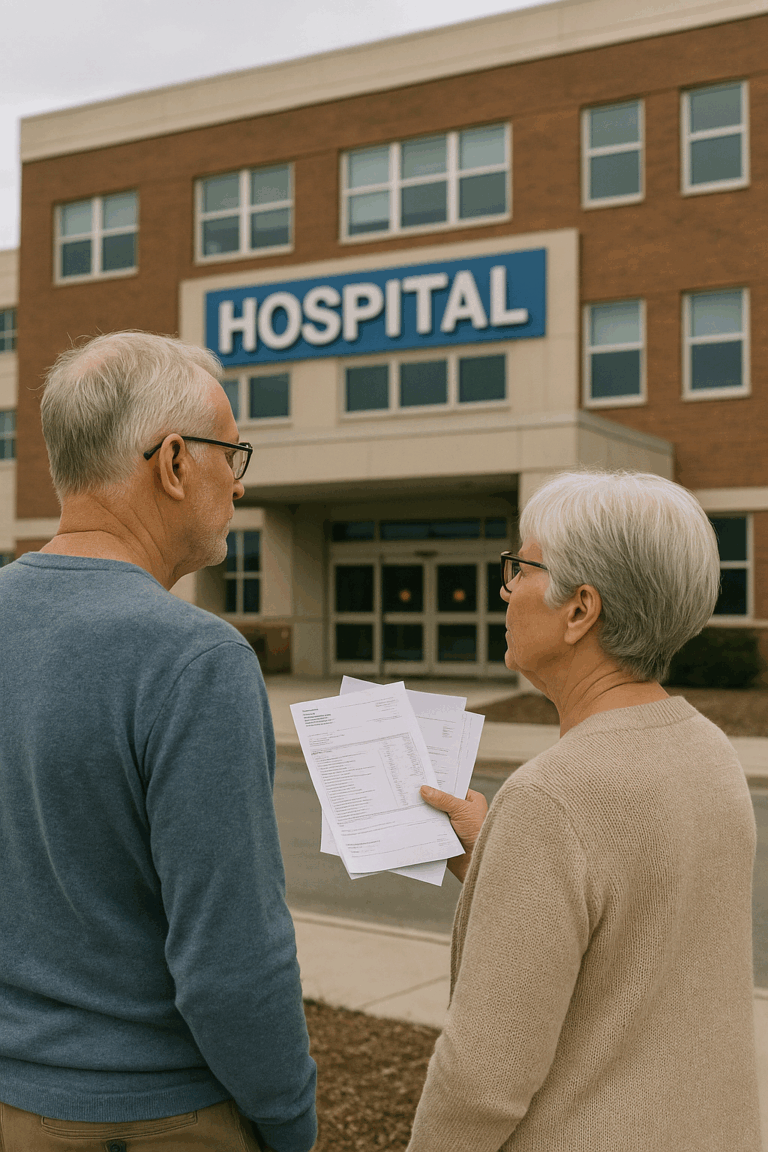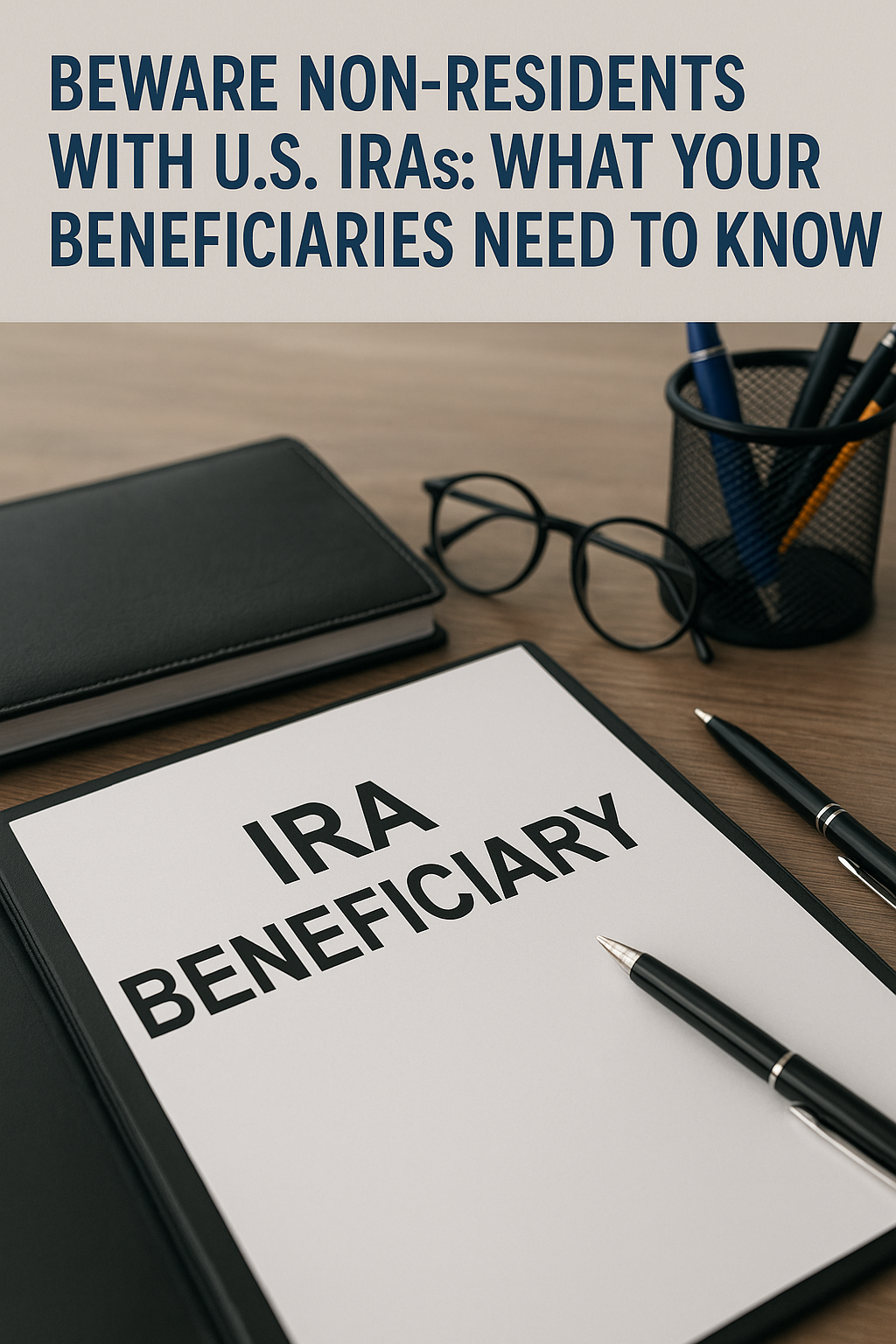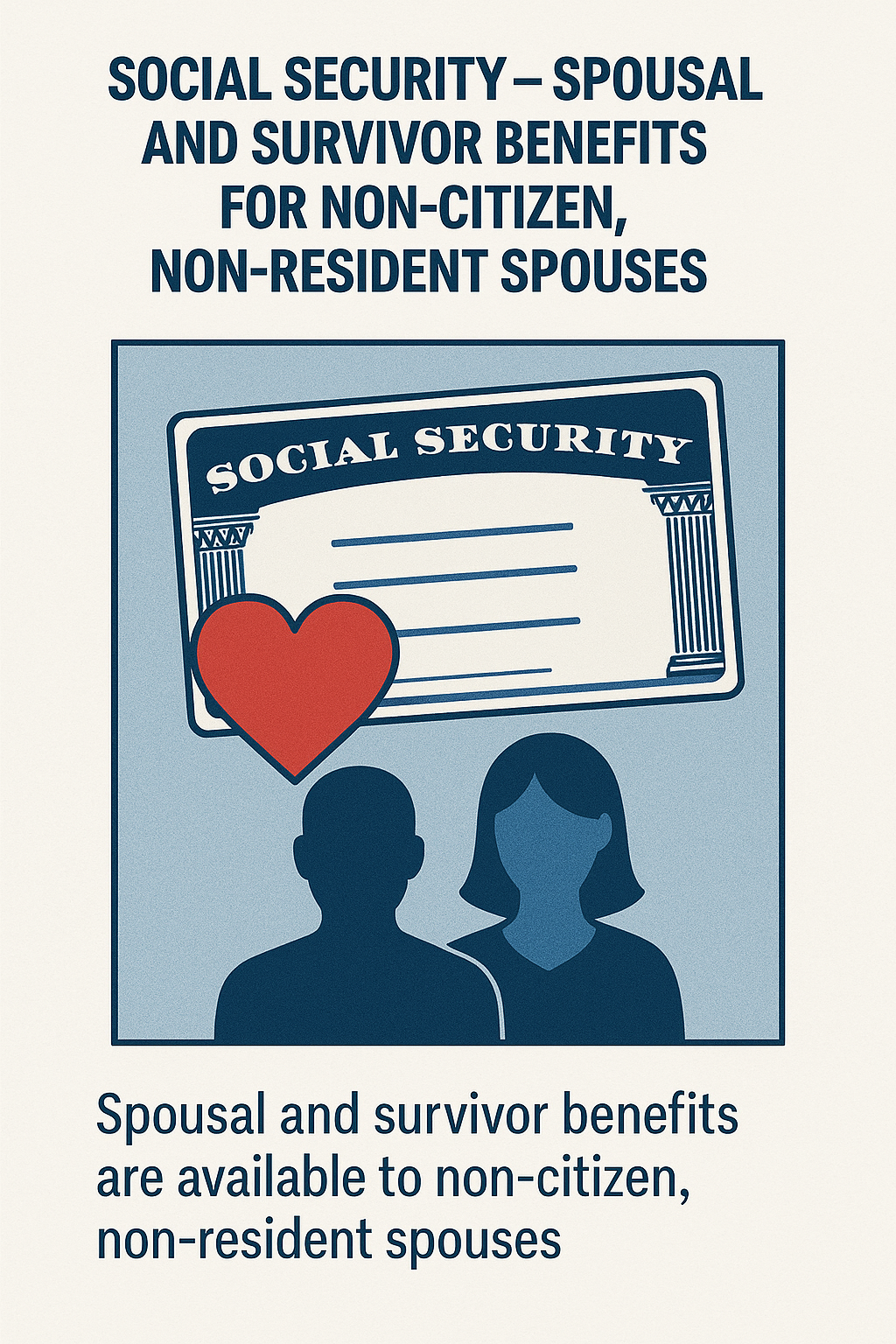 alt="Homeowner’s Insurance and Retirement Planning" />
alt="Homeowner’s Insurance and Retirement Planning" />As I look into the challenges faced by homeowners in high-risk areas, I realize the increasing impact of events like the recent wildfires in Los Angeles.
These incidents not only disrupt communities but also shake the foundation of the homeowners’ insurance market. With sudden cancellations and rising premiums becoming more common in places like Pacific Palisades, there’s a significant shift that could affect how we plan for retirement.
The relationship between climate change, market pressures, and insurance is undeniable. It’s crucial to understand how these factors might alter the way we approach retirement planning. Changes in homeowner’s insurance can have a lasting impact on our financial security as we grow older. This exploration seeks to shed light on these complex interactions and their potential effects on future stability.
The Changing Landscape of Homeowner’s Insurance
Market Disruptions
I have noticed significant market disruptions affecting homeowner’s insurance. Wildfires, especially in California, have had an impact. This has led companies like State Farm and Allstate to cancel policies or stop offering new ones in high-risk areas. This mirrors the events after the Northern California fires of 2017–2018, resulting in a $13.5 billion settlement.
The issue isn’t isolated to California. In Florida and Louisiana, hurricanes and flooding contribute to rising premiums and policy cancellations. Homeowners sometimes have to resort to state-run insurance pools, which can have limited coverage options.
How Insurance Changes Affect Your Retirement
Property Value and Market Stability
When insurance premiums rise in high-risk areas, it can lead to a decline in home values. This impacts those who plan to use home equity for retirement. If my home becomes uninsurable, it might become hard to sell. This limits the number of potential buyers and lowers its market value. Such issues make it crucial to consider insurance costs and coverage when planning my retirement strategy.
Financial Security in Retirement
Living in popular retirement destinations like California or Florida poses risks if insurance policies are canceled. Such situations might force me to rethink my financial plans, possibly leading to a return to work or lifestyle adjustments. To avoid these scenarios, I need to evaluate whether my home can maintain insurability long-term. Using FEMA Flood Maps and local risk assessments offers a way to assess potential hazards to my property in the future.
Strategies for Mitigating Risk
Evaluate and Monitor Your Insurance Options
I start with due diligence, verifying current and projected insurance availability before purchasing my retirement home. Understanding risk factors that might affect coverage in the future is crucial. I also plan for the unexpected. If private insurers withdraw from my area, I consider options like self-insurance or supplemental policies.
Consider the Impact of Climate Change
I pay attention to long-term trends. As climate change makes natural disasters more frequent, regions previously deemed safe might become high-risk. This uncertainty is part of my long-term financial planning. I evaluate alternative plans, considering whether relocating to a lower-risk area could offer more stability during retirement.
Conclusion
When planning for retirement, homeowner’s insurance is a crucial component. Rising premiums and fluctuating coverage in high-risk areas can significantly impact property values and financial security. Whether I choose to stay in my current home or relocate, it’s vital to evaluate property insurability and consider long-term risks.
At 49th Parallel Wealth Management, I focus on cross-border retirement planning. This ensures all aspects, from insurance to tax optimization, align with my financial objectives. The team’s expertise helps protect my future from unforeseen market changes. Contact us today to explore how we can assist in securing financial stability.
Frequently Asked Questions
How can changes in homeowners insurance premiums impact retirement savings?
Homeowners insurance premiums may rise over time, potentially impacting my retirement savings. When premiums increase, I might need to allocate more of my retirement budget toward these costs, reducing the amount available for other expenses or savings. Keeping track of premium trends can help me plan accordingly and make necessary adjustments.
What factors should be considered when adjusting homeowners insurance coverage post-retirement?
When adjusting my homeowners insurance post-retirement, I should consider factors like the size of my home, its location, and my financial situation. Ensuring my coverage matches the current value of my home and the likelihood of risks is crucial. Additionally, evaluating my deductible and understanding any changes in policy terms can guide my decisions.
Should retirees opt for a higher deductible on their homeowners insurance?
Opting for a higher deductible might lower my monthly premiums, which could be beneficial for managing retirement expenses. However, I need to consider whether I can afford the out-of-pocket costs if I need to file a claim. Balancing premium savings with potential claim costs is essential.
What are the implications of discontinuing homeowners insurance during retirement for asset protection?
Discontinuing homeowners insurance during retirement can leave my home and assets unprotected against risks like fire, theft, or natural disasters. Without insurance, I would have to cover repair or replacement costs out-of-pocket, which could significantly affect my financial stability and retirement funds.
How does the 80% rule in homeowners insurance apply to those planning for retirement?
The 80% rule requires me to insure my home for at least 80% of its replacement cost to receive full compensation for partial losses. Ensuring my home is adequately insured according to this rule is important for protecting my retirement savings from unexpected expenses due to underinsurance.
Does owning a home without a mortgage affect the need for homeowners insurance in retirement?
Owning a home without a mortgage reduces the mandatory requirement for homeowners insurance typically set by lenders. However, maintaining insurance is still wise to protect my investment from unforeseen events. The decision should be based on my comfort with risk and ability to cover potential losses.




